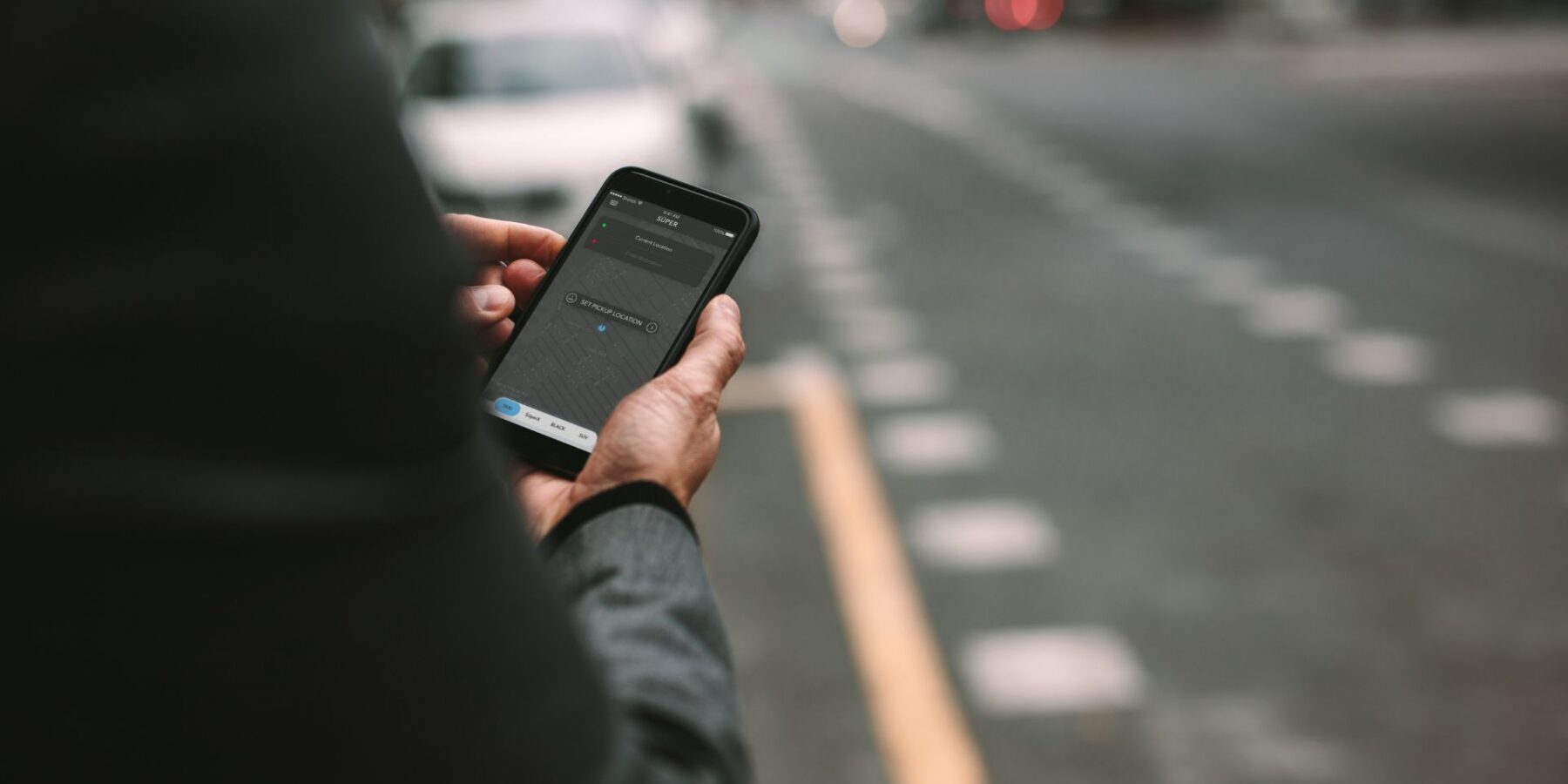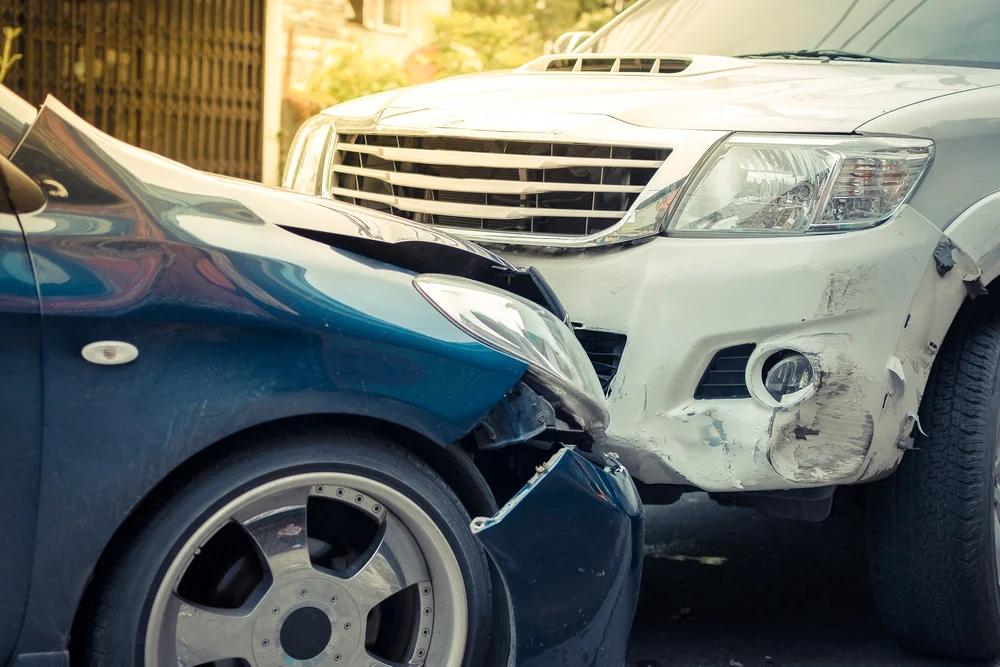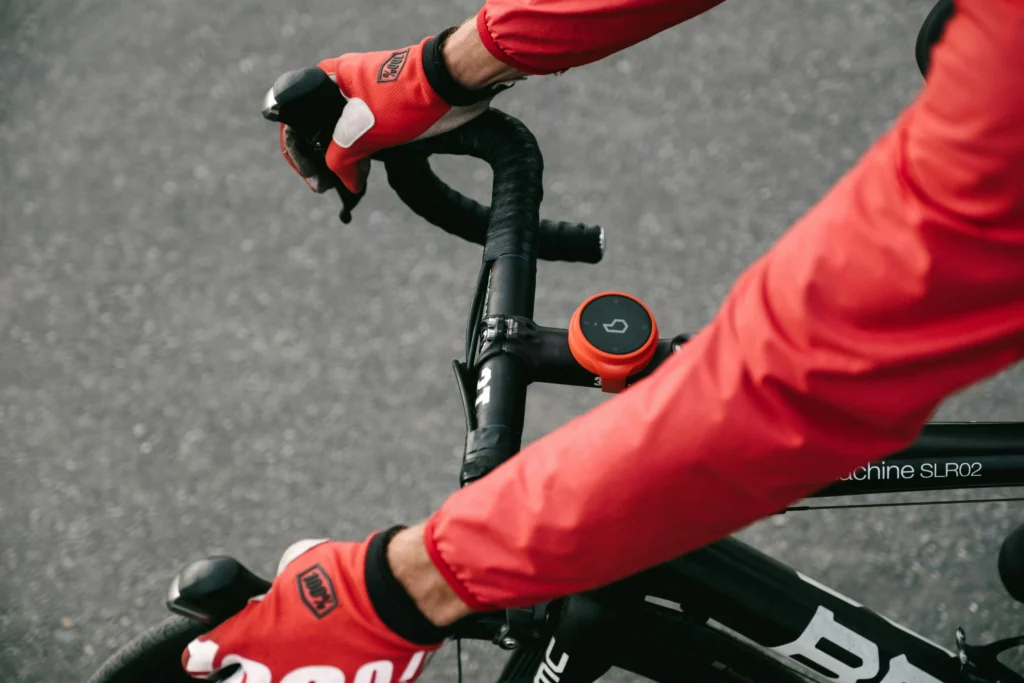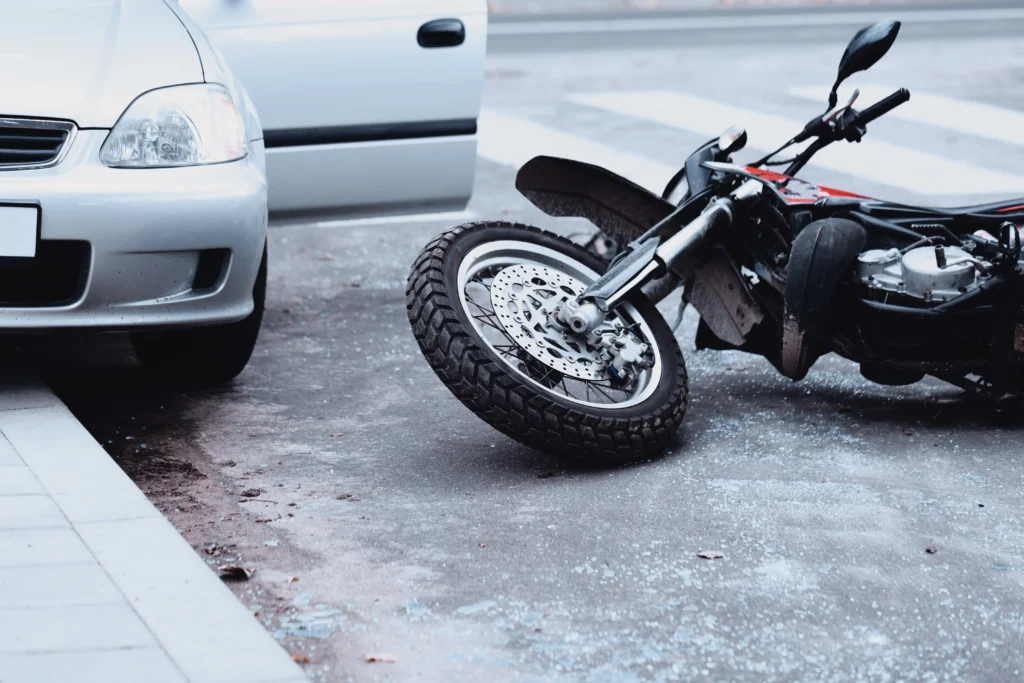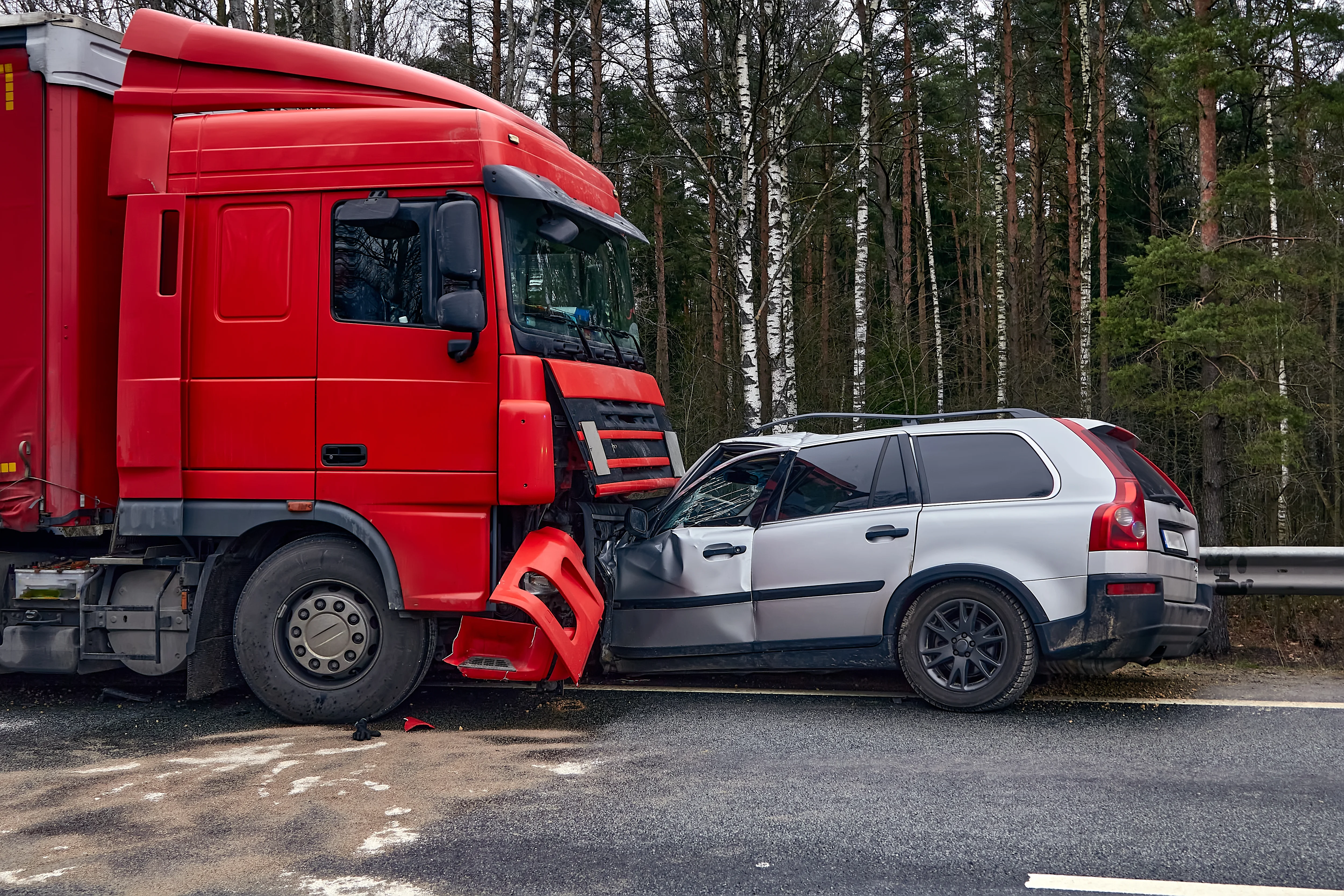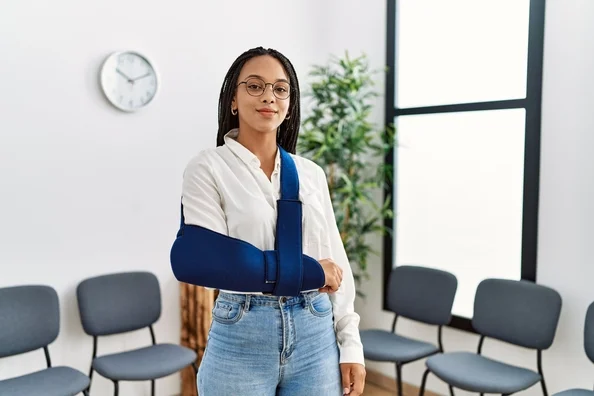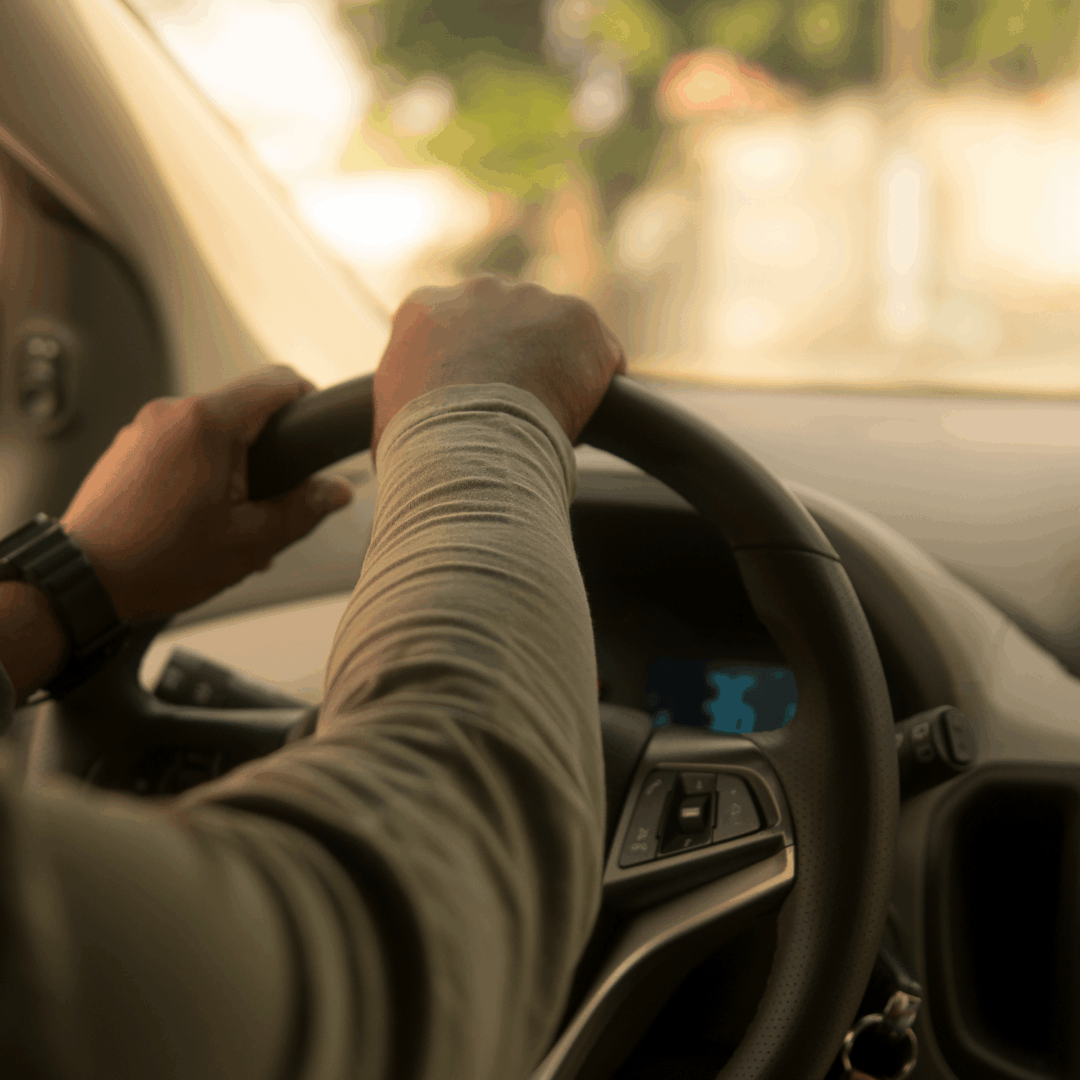West Virginia Rideshare Accident
Rideshare services like Uber and Lyft have transformed transportation in West Virginia, offering convenience and affordability for residents and visitors. However, the rapid growth of rideshare apps has also led to an increase in serious accidents. When these crashes occur, victims often face complicated questions about liability, multiple layers of insurance coverage, and the role of corporate rideshare companies. Unlike a typical car accident, a rideshare collision may involve claims against the driver, other motorists, or even the rideshare company itself.
According to the National Highway Traffic Safety Administration, traffic fatalities involving passenger vehicles have increased nationwide in recent years, with new transportation models like ridesharing contributing to roadway risks. Passengers, pedestrians, cyclists, and other drivers in West Virginia can all be harmed in rideshare accidents, leaving them with costly medical bills, time away from work, and long recoveries. These cases require immediate legal attention to ensure victims secure the compensation they deserve.
At Kaufman & McPherson, our West Virginia rideshare accident lawyers understand the unique legal challenges these cases present. Our attorneys have decades of experience standing up to powerful insurance companies and corporate defendants. Whether you were a passenger in an Uber, a Lyft driver struck by another vehicle, or a pedestrian hit by a rideshare car, our team knows how to investigate these cases and hold negligent parties accountable. We fight to recover the maximum compensation available under West Virginia law so our clients can focus on healing.
If you or a loved one was injured in a West Virginia rideshare accident, you do not have to navigate the claims process alone. Call Kaufman & McPherson today to schedule a free consultation. We are here to guide you every step of the way and protect your rights from day one.
Do I Need a West Virginia Rideshare Accident Lawyer After an Uber or Lyft Crash
Victims of Uber and Lyft accidents in West Virginia often feel unsure about whether they truly need legal representation. At first glance, an insurance claim may seem straightforward. However, rideshare accident cases involve complicated insurance structures, liability disputes, and corporate policies that are designed to protect the rideshare companies, not the victims. Without the guidance of an experienced West Virginia rideshare attorney, you risk walking away with far less than your case is worth.
Why Rideshare Crashes in West Virginia Are More Complicated Than Other Accidents
Traditional car accidents usually involve one or two insurance policies, but Uber and Lyft accidents can involve multiple insurers, depending on whether the driver had the app on, was waiting for a fare, or was actively transporting passengers. This coverage can change from one moment to the next. The Insurance Information Institute explains that rideshare insurance depends heavily on driver status at the time of the collision, which makes it far more complex than a standard car crash.
The Role of Uber and Lyft Corporate Policies
Both Uber and Lyft provide liability insurance that can reach up to $1 million in coverage during active rides, but they often dispute claims or delay payments. Corporate insurers work with large legal teams to minimize payouts. Having a local West Virginia lawyer ensures that someone is fighting back on your behalf.
Why Uber and Lyft Insurance Policies Are Hard to Navigate Alone
The National Association of Insurance Commissioners notes that rideshare coverage has gaps and gray areas that confuse many accident victims. If you rely on insurers to interpret coverage fairly, you could be left paying medical bills out of pocket. An attorney can investigate which policy applies and make sure you do not get pushed into accepting less than you deserve.
How a West Virginia Rideshare Lawyer Protects Your Legal Rights
Rideshare crashes are not just about insurance. Proving fault and liability can be challenging, especially when companies deny responsibility for their drivers’ actions. An attorney steps in to collect evidence, build a strong case, and ensure that your rights under West Virginia law are fully protected.
Proving Negligence in Uber and Lyft Cases
Negligence is the foundation of any accident claim. The Legal Information Institute at Cornell Law School explains that negligence requires showing that a duty of care was owed, that duty was breached, and that harm resulted. In rideshare cases, negligence could come from the driver, another motorist, or even the rideshare company itself if they failed to screen drivers properly.
How Driver Negligence Impacts Liability in Rideshare Claims
If a rideshare driver was texting, speeding, or impaired, they can be held personally responsible. However, West Virginia’s modified comparative negligence law means that fault is sometimes shared between multiple parties. This makes legal guidance even more critical to ensure your percentage of responsibility does not unfairly reduce your compensation.
What Compensation Can a West Virginia Rideshare Attorney Help You Recover
Accident victims often underestimate the full value of their claim. A lawyer not only calculates medical bills and lost wages but also considers future treatment costs, pain, and suffering, and diminished earning potential. The National Highway Traffic Safety Administration reports that injuries from motor vehicle crashes often require years of rehabilitation, which should be factored into any settlement or verdict.
Economic and Non-Economic Damages in Rideshare Cases
Economic damages cover measurable costs like hospital bills and therapy expenses. Non-economic damages compensate for pain, emotional distress, and reduced quality of life. The American Bar Association emphasizes that these damages are central to civil justice because they account for the human impact of an accident, not just the financial losses.
Future Medical Costs and Long-Term Care Needs
The National Institutes of Health highlights that many accident victims face long-term medical care, especially when traumatic brain injuries or spinal cord damage are involved. A West Virginia rideshare attorney ensures these future expenses are included so victims are not left financially vulnerable years later.
Why Local Legal Representation in West Virginia Matters
National law firms may advertise heavily, but they often lack the personal knowledge of West Virginia courts, judges, and insurance adjusters. Local attorneys understand the roads, the regional legal process, and the tendencies of local juries. The West Virginia Judiciary explains that trial courts follow strict procedural rules, and having an attorney who practices locally makes it easier to comply with them.
The Advantage of West Virginia Courtroom Experience
Attorneys who regularly appear in West Virginia courts know how to anticipate delays, deadlines, and evidentiary requirements. That insight often leads to faster case progress and stronger outcomes.
How Familiarity With Local Judges and Jury Trends Can Influence Your Case
The United States Courts system notes that jury verdicts directly influence settlement strategies across the country. A West Virginia lawyer familiar with regional jury decisions can use past outcomes as leverage during negotiations with insurance companies.
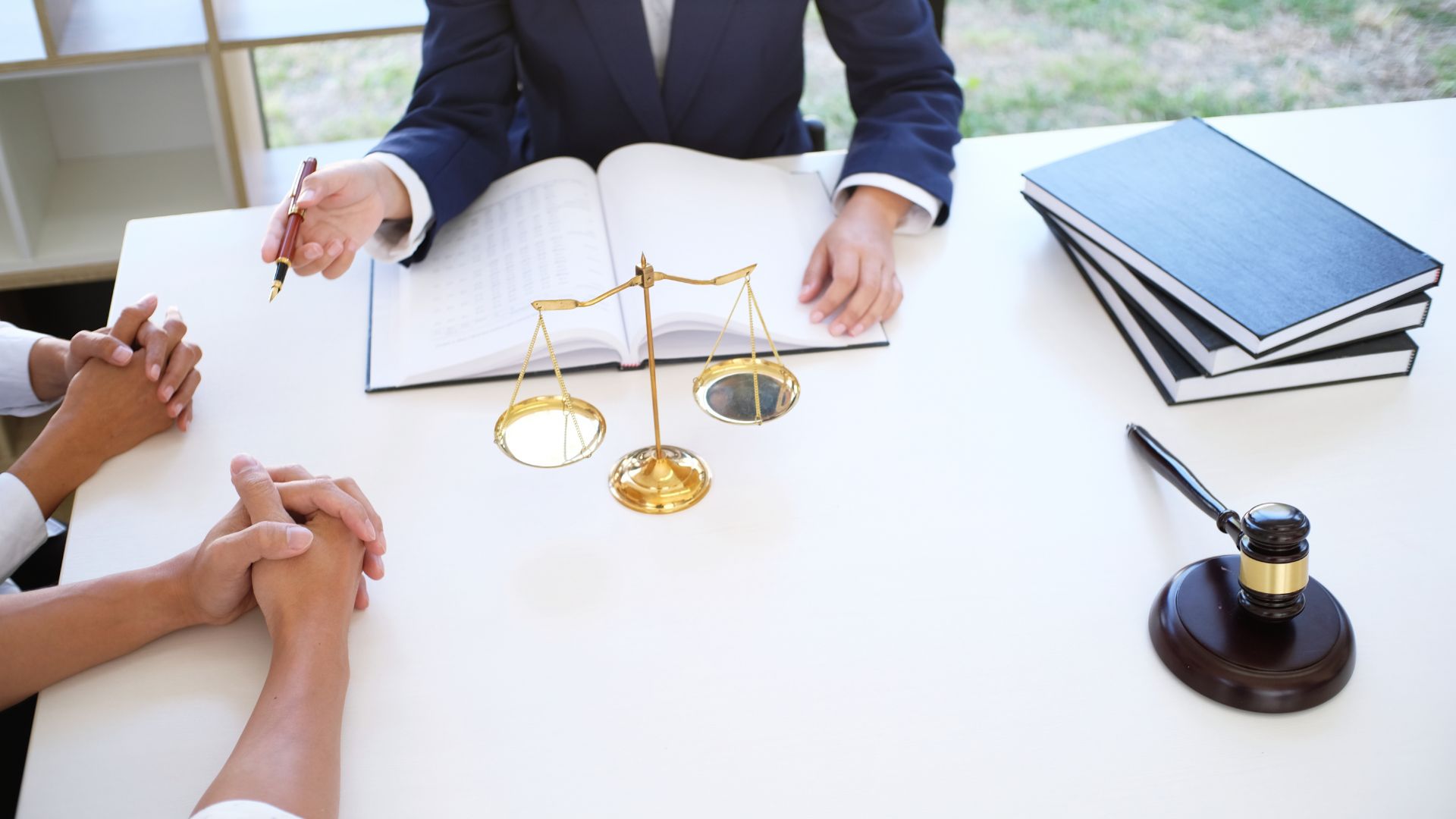
Can Passengers Sue for Injuries After a West Virginia Uber or Lyft Collision
Passengers in Uber and Lyft vehicles often wonder what legal rights they have if they are hurt in a crash. Unlike drivers, who may have partial liability, passengers are rarely at fault for a rideshare accident. That means West Virginia law typically allows injured passengers to sue for damages against the negligent party, whether it is the rideshare driver, another motorist, or in certain cases, the rideshare company itself. Because rideshare insurance policies are complex and shift depending on the status of the driver at the time of the crash, passengers need skilled legal help to navigate the process and pursue maximum compensation.
Passenger Rights Under West Virginia Law After a Rideshare Accident
West Virginia recognizes that passengers are owed a duty of care by the drivers who transport them. When an Uber or Lyft driver fails to operate safely, the injured passenger may bring a claim under the state’s negligence laws. According to the West Virginia Judiciary, civil courts routinely hear personal injury cases where one party’s negligence leads to another person’s injuries. For passengers, this legal framework means that if someone else’s carelessness causes a rideshare collision, they can pursue compensation for medical bills, lost income, and other damages.
How the Statute of Limitations Affects Passenger Lawsuits
West Virginia sets strict deadlines for filing personal injury claims. Under WV Code §55-2-12(b), passengers usually have two years from the date of the Uber or Lyft crash to file suit. The Cornell Law School Legal Information Institute explains that statutes of limitations are designed to preserve evidence and ensure fairness for all parties involved. Failing to act within the time limit can result in losing the right to compensation, even if the claim is otherwise valid.
Exceptions That May Extend Filing Deadlines for Passengers
In rare cases, exceptions apply. For example, if the injured passenger is a minor or if the at-fault driver concealed evidence of the crash, courts may extend the time to file. The U.S. Courts system recognizes that equitable tolling exists to prevent injustice in situations where important information is hidden or delayed.
Who Can Passengers Sue After a West Virginia Uber or Lyft Collision
The question of who to sue in a rideshare accident is not always straightforward. Liability may rest with the Uber or Lyft driver, another motorist involved in the crash, or the rideshare company itself. In some cases, multiple parties share responsibility, and passengers must pursue claims against more than one defendant to secure full compensation.
Suing the Rideshare Driver Directly
When an Uber or Lyft driver causes a collision by speeding, running a red light, or driving while distracted, passengers can bring a claim directly against that driver. The Centers for Disease Control and Prevention identifies distracted driving as one of the leading causes of crashes nationwide, highlighting how dangerous it can be behind the wheel of a rideshare vehicle.
The Role of Personal Auto Insurance in Rideshare Crashes
If the rideshare app was not active at the time of the collision, only the driver’s personal auto insurance may apply. The Insurance Information Institute notes that personal policies often exclude coverage when drivers are engaged in commercial activity, which makes it difficult for passengers to recover unless the rideshare company’s policy is triggered.
Suing Another Motorist in a Multi-Vehicle Collision
Many rideshare accidents in West Virginia involve more than just the Uber or Lyft driver. If another driver caused or contributed to the crash, passengers may sue that motorist. The National Highway Traffic Safety Administration reports that multi-vehicle collisions are among the most common types of roadway accidents, often leading to significant injuries for passengers caught in the middle.
When Uber or Lyft Itself May Be Liable
Rideshare companies often argue that their drivers are independent contractors, not employees. This distinction allows them to deny liability in many cases. However, passengers may still sue Uber or Lyft directly if the company was negligent in hiring, training, or supervising its drivers. The American Bar Association explains that courts increasingly examine the role of corporate policies in determining whether rideshare companies share fault for accidents.
What Damages Can Injured Passengers Recover in West Virginia
Compensation for injured passengers in West Virginia goes beyond immediate medical bills. Victims can pursue both economic damages, such as lost wages and rehabilitation costs, and non-economic damages, such as pain, suffering, and loss of enjoyment of life. The National Institutes of Health emphasizes that many accident victims require long-term care, which makes it critical to account for future expenses when negotiating settlements.
Pain and Suffering Claims for Passengers
Injured passengers may also recover compensation for the physical pain and emotional trauma caused by a rideshare crash. The American Psychological Association notes that traumatic events like motor vehicle collisions often result in anxiety, depression, or post-traumatic stress disorder. These conditions can be just as debilitating as physical injuries and must be recognized in any legal claim.
Loss of Enjoyment of Life After a Rideshare Accident
When passengers can no longer enjoy the activities they once loved, courts allow damages for loss of enjoyment of life. The National Safety Council highlights that preventable injuries are among the leading causes of disability nationwide, showing how significantly an accident can alter a victim’s quality of life.
Why Passengers Should Consult a West Virginia Rideshare Accident Lawyer Immediately
Even though passengers usually have strong claims, insurance companies representing rideshare drivers and other motorists often attempt to minimize payouts. Adjusters may argue that injuries were pre-existing or that medical care was unnecessary. A knowledgeable West Virginia rideshare accident lawyer protects passengers from these tactics and ensures that their claims are taken seriously.
How Legal Representation Strengthens Passenger Cases
Attorneys gather medical records, police reports, and witness testimony to build strong cases on behalf of passengers. The National Association of Insurance Commissioners confirms that insurers are motivated to limit payouts, which makes professional legal representation essential for full recovery.
Why Local Court Knowledge Gives Passengers an Advantage
Lawyers who practice regularly in West Virginia courts understand how local judges interpret accident claims and how juries respond to certain arguments. The West Virginia State Bar provides resources for residents seeking qualified attorneys who know the state’s procedures and legal environment.
How Much Money Can I Get for a Rideshare Accident in West Virginia
One of the most common questions injured passengers and drivers ask after an Uber or Lyft crash is how much their case might be worth. While no two accidents are the same, West Virginia law allows victims to pursue both economic and non-economic damages to cover the full scope of their losses. The value of a rideshare accident claim depends on factors such as the severity of injuries, available insurance coverage, liability disputes, and the long-term impact on the victim’s life.
Factors That Determine the Value of a West Virginia Rideshare Accident Claim
The compensation you can recover after a rideshare crash depends on several variables. Courts and insurers look at the evidence of fault, the extent of your injuries, and the financial impact on your daily life. The Legal Information Institute explains that damages are the legal remedy courts use to make an injured party “whole” after another’s negligence.
The Role of Liability in Rideshare Accident Settlements
West Virginia follows a modified comparative negligence system, which means your compensation may be reduced if you share fault. For example, if you are found 20 percent at fault, your award will be reduced by that percentage. The West Virginia Legislature outlines this comparative negligence rule, making liability one of the most critical factors in rideshare accident cases.
How Shared Fault Impacts Passenger Recovery
Passengers are rarely at fault in rideshare crashes, but insurers may still try to assign partial blame. A West Virginia rideshare accident lawyer can push back against these tactics and protect your right to full compensation.
Types of Compensation Available After a West Virginia Uber or Lyft Crash
Rideshare accident victims may be entitled to recover different categories of damages depending on their unique circumstances. Courts typically divide these damages into economic and non-economic losses. The West Virginia Judiciary notes that civil cases allow victims to pursue both measurable financial losses and intangible harms like emotional suffering.
Economic Damages in Rideshare Accident Claims
Economic damages represent the tangible financial impact of an accident. These are often proven with bills, receipts, and employment records.
Medical Bills and Hospital Expenses
Medical care is usually the largest cost after a serious rideshare accident. According to the Centers for Medicare and Medicaid Services, hospitalizations and follow-up treatments can create a lifetime of expenses for injury victims. A lawyer ensures these costs are fully documented and included in your claim.
Lost Income and Future Earning Capacity
If injuries prevent you from working, you may recover lost wages. When long-term disabilities reduce your ability to earn in the future, compensation can also cover diminished earning capacity. The U.S. Bureau of Labor Statistics provides data on income loss due to workplace and injury-related absences, which attorneys often use to strengthen wage-related claims.
Rehabilitation and Long-Term Care Costs
Rehabilitation services such as physical therapy, occupational therapy, and assistive devices may be required for years after a serious crash. The National Institutes of Health stresses that rehabilitation is a critical factor in long-term recovery, and its costs should always be part of a compensation demand.
Non-Economic Damages in West Virginia Rideshare Cases
Beyond financial losses, West Virginia law recognizes the emotional and physical toll of an accident. Non-economic damages often form a large portion of rideshare settlements.
Pain and Suffering Claims
Pain and suffering damages compensate victims for the physical pain and discomfort caused by rideshare accidents. The American Bar Association explains that these damages recognize the human experience of injury, not just the financial consequences.
Emotional Distress and Mental Health Consequences
Accidents frequently lead to anxiety, depression, or post-traumatic stress disorder. The National Center for PTSD reports that motor vehicle accidents are one of the most common causes of trauma-related psychological conditions in the United States. These issues can be just as debilitating as physical injuries.
Loss of Enjoyment of Life After a Rideshare Crash
Victims who can no longer engage in hobbies, family activities, or simple daily routines may be entitled to damages for loss of enjoyment of life. The National Safety Council highlights that preventable injuries often lead to long-term disabilities that limit quality of life.
How Courts and Insurers Calculate Rideshare Accident Damages in West Virginia
While there is no universal formula, courts and insurers use certain methods to estimate non-economic damages.
The Multiplier Method
One common approach multiplies the victim’s economic damages by a number that reflects the seriousness of the injury. The Nolo Legal Encyclopedia explains how the multiplier method is widely used in personal injury cases across the United States.
How the Multiplier Works in Practice
For example, if a passenger incurred $50,000 in medical bills, and the severity of the injuries justified a multiplier of three, the non-economic damages could add $150,000 to the total claim value.
The Per Diem Method
Another approach assigns a daily dollar value to the victim’s pain and suffering, multiplied by the number of days recovery is expected to take. The U.S. Courts confirm that judges and juries may rely on these methods when evaluating claims, though outcomes vary depending on the facts of each case.
Why Expert Testimony Matters in Valuation
Medical experts, vocational specialists, and mental health professionals often provide testimony that strengthens a damages claim. The National Library of Medicine publishes extensive research on injury recovery and prognosis, which attorneys may use to support expert findings.
Why Legal Representation Maximizes Rideshare Compensation
Insurance companies have one goal: to pay as little as possible. Without an attorney, passengers and injured drivers may settle for far less than their claims are worth. A skilled West Virginia rideshare lawyer can gather evidence, present expert testimony, and use past verdicts as leverage during negotiations.
How Insurance Companies Reduce Payouts
Adjusters often make quick, low settlement offers before victims know the full extent of their injuries. The National Association of Insurance Commissioners notes that insurers are financially motivated to minimize payouts whenever possible.
Why Local Lawyers Improve Settlement Outcomes
Local attorneys know how West Virginia courts value cases and how local juries respond to injury claims. That knowledge can dramatically improve settlement outcomes. The West Virginia State Bar provides resources to help residents connect with qualified attorneys who practice in the state.
Contact a West Virginia Rideshare Accident Lawyer Today
If you were injured in an Uber or Lyft accident anywhere in West Virginia, you do not have to face the aftermath on your own. Medical bills, time away from work, and the stress of dealing with insurance companies can feel overwhelming. At Kaufman & McPherson, we understand the unique challenges rideshare accident victims face, and we are here to fight for the justice and compensation you deserve.
Our attorneys have decades of experience representing injured passengers, drivers, and pedestrians in complex personal injury cases. We know how to investigate rideshare crashes, challenge powerful insurers, and build strong claims that reflect the full impact of your injuries. When you choose our firm, you gain a dedicated advocate who will stand by your side from the first consultation to the final resolution of your case.
Take the first step toward recovery today. Call Kaufman & McPherson Now or reach out through our online contact form to schedule your free consultation. Our West Virginia rideshare accident lawyers are ready to protect your rights, hold negligent parties accountable, and pursue the maximum compensation available under state law.
Practice Areas
Trust Us With Your Personal Injury Claim
If you or a loved one have been injured, Kaufman & McPherson will fight for you every step of the way. We will give our all to secure the compensation you rightfully deserve.
Contact usfor a free consultation.
Phone: (304) 449-5157
